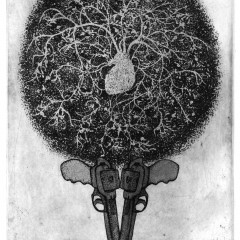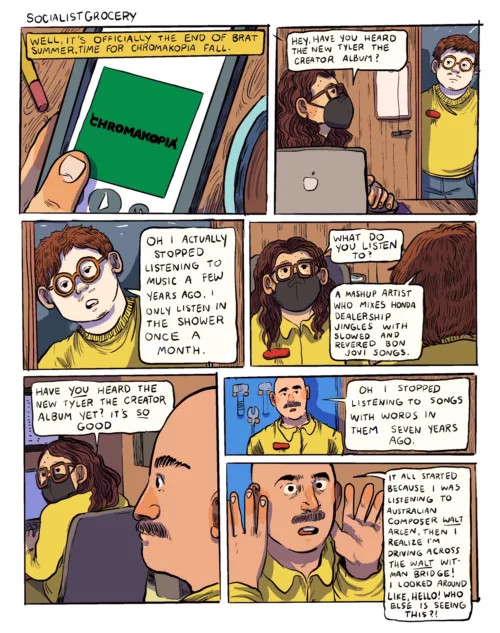[Note: Today’s Inquirer business section has a tiny, killer of a story by Patricia Horn that got my goat. Apparently the neighbors who were involved in the race discrimination lawsuit lodged by previous Barnes Director Richard Glanton are still trying to get the Barnes to pay their legal fees — which used to be $300,000 in 1996 when the case was dismissed and now weigh in at $440,000 if I read the article correctly. At a time when yard signs all over Merion proclaim “The Barnes belongs in Merion” I have to ask why? If the Merion neighbors with the yard signs truly want the institution to stay in Merion they might try to exert some pressure on these particular Merion neighbors who seem to want to assist the Barnes into bankruptcy regardless of its location. Why whip an institution when it’s down, I want to know. The township seems to have cut the Barnes a break. After eight years, the neighbors should do the same. Here’s the article in its entirety (bolding is my emphasis). See what you think.]
Master for Barnes fees suit
An 8-year-old dispute over charges of racism between the Barnes Foundation and its Lower Merion neighbors could be headed toward a resolution, just as the Barnes is hoping to win court approval to move its famed art collection out of the neighborhood.
The U.S. District Court for the Eastern District of Pennsylvania has appointed attorney Robert E. Welsh Jr. as a special master in the case. His job is to resolve who should pay about $440,000 in attorneys’ fees and costs incurred by Barnes’ neighbors after the foundation filed a civil-rights suit against Lower Merion Township, its commissioners and certain neighbors.
The decision to sue, made during the tenure of previous Barnes president Richard Glanton, proved to be a costly error by the Barnes: It was among the legal cases whose costs propelled the Barnes close to bankruptcy.
In September 2002, citing its financial condition, the Barnes asked Montgomery County Orphans’ Court for permission to break its founder’s will and move its art collection to the Benjamin Franklin Parkway. The court may rule on that request this summer.
The Barnes’ civil-rights case against Lower Merion and the neighbors was dismissed in June 1996. But the township and neighbors requested in November 1997 that the Barnes pay $1.8 million in attorneys’ fees and costs.
The township settled with the Barnes for $100,000 in 1998, but the neighbors – whose costs were about $300,000 at that time, according to Barnes’ financial statements – have not.
The Barnes’ costs will only rise with the appointment of a special master. According to the court order, Welsh will be paid $300 an hour, and his fees and other costs are to be split 50-50 between the parties.
–Patricia Horn









